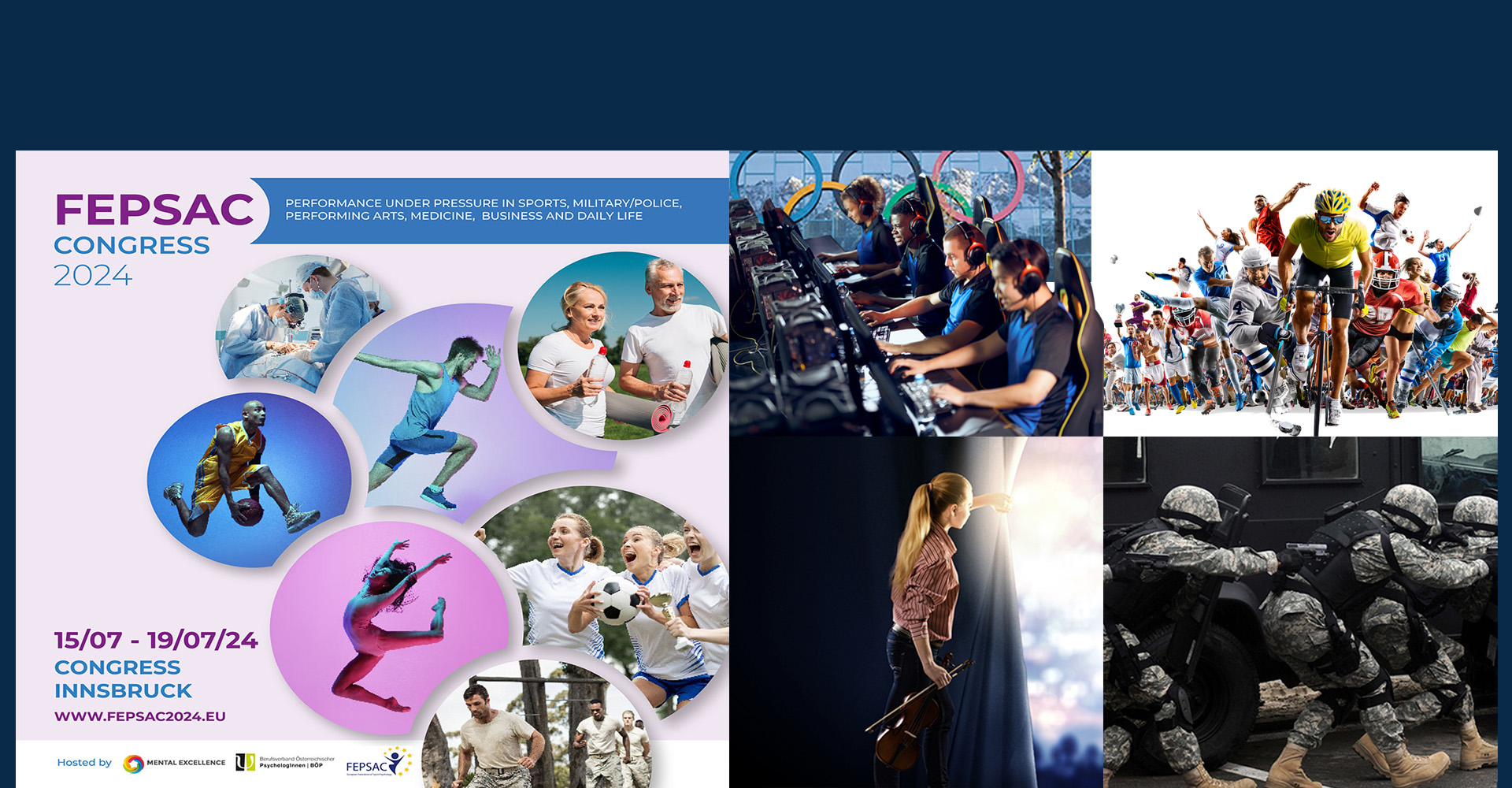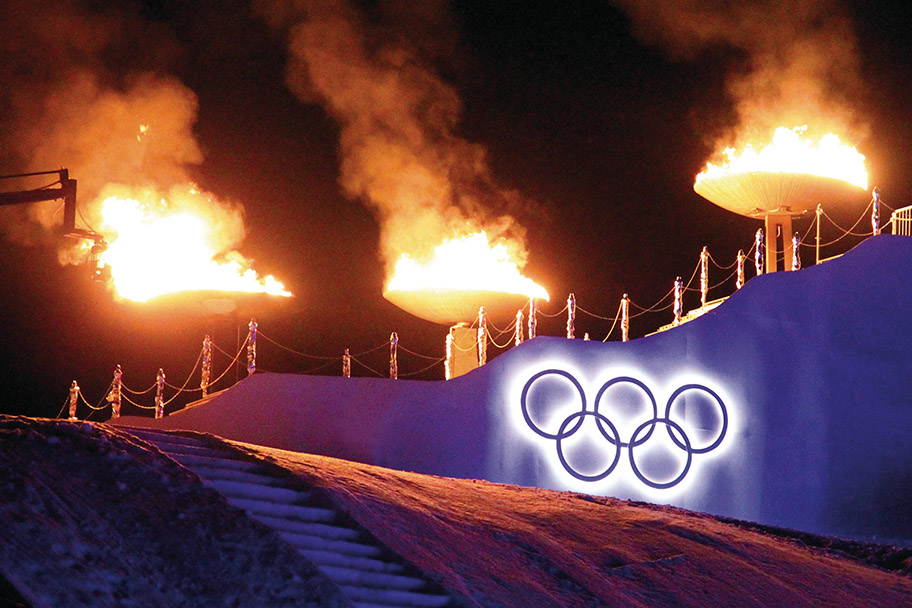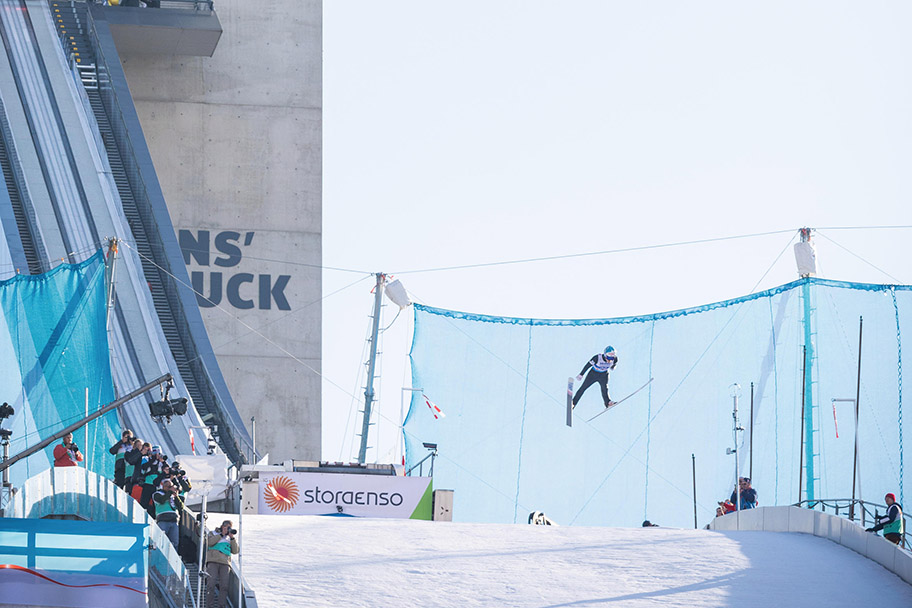Untitled Document
We are expecting over 1.000 participants from over 50 countries worldwide:
Algeria, Argentina, Armenia, Australia, Austria, Belgium, Brazil, Bulgaria, Canada, China, Croatia, Czech Republic, Denmark, Egypt, España, Estonia, Finland, France, Ghana, Greece, Hong Kong, Hungary, Iceland, India, Ireland, Israel, Italy, Japan, Latvia, Lithuania, Malta, Mexico, Mongolia, Netherlands, New Zealand, Norway, Pakistan, Poland, Portugal, Romania, Serbia, Singapore, Slovenia, South Africa, South Korea, Spain, Sweden, Switzerland, Taiwan, Thailand, Turkey, Ukraine, United Kingdom and United States.
We will provide a range of categories and opportunities for you to demonstrate your knowledge. For our applied working participants, we will have every day different applied workshops in cooperation with different European sport organizations and organizations from settings in esports, military, police, medicine and arts. Below you will find a selection of our applied workshops in sport and performance psychology during the congress week. We will have also applied workshops in in health, youth and school sports and on topics like mental health, sportneuropsychology, sportpsychiatry, sportpsychotherapy, coaching parents, sports injury etc.
Our Congress Themes:
Best practice, Built environment, Business, Clinical sport psychology, clinical issues in sport and physical activity, Coaching, Cognition, Consulting/Counselling, Crisis, Cultural sport psychology, Daily life, Decision making and judgement, Developmental/lifespan perspectives, Elderly, Elite sports and expertise, Emotion, E-Sports, Ethics in applied settings, Ethics in research (open science), Exercise and COVID-19 Pandemics, Exercise psychology, Group dynamics and team sports, Health, Human factors, Leadership, Mental skills training, Research methods (incl. qualitative & quantitative), Moral action Motivation, Motor control and learning (incl. ecological and dynamic approaches), Motor development, Neuroscience, Non-traditional applications, Pedagogical psychology, Perception & attention, Performance enhancement (e.g. doping, neuro-enhancement etc.), Personality, Physical literacy, Professional development and mentoring, Psychophysiology, Psychodynamic, systemic and hypnotherapeutic issues, Organizational development and quality management, Military, police and tactical populations, Music, Dance and Performing Arts, Self, Sexual violence, sexual harassment and sexual abuse, Social and cultural diversity (e.g. migration, ethnicity), Social cognition, Social psychology, Sports injury, prevention and rehabilitation, Sports neuropsychology, Sports psychology and world events (e.g. Zika, COVID-19), Sports psychiatry and sports psychotherapy, Surgery, Talent identification/development, Transitions in and out of sport/dual career, Well-being and quality of life, Youth
Our presentation types – exemplary selections (…full program will be uploaded soon):
- Oral presentations (…over 150 oral presentations)
- • Moritz Anderten, 4 Years Ahead: E-Sportpsychological Coaching in the esports player foundation
- • Sophie Barre, Study of the coach-athlete relationship in the context of olympic wrestling competition
- • Bettina Callary, The development of an evidence-based intervention to enhance the psychology of coaching adult athletes
- • Gantima Demirsöz, Bouldering and Climbing as a Treatment for Depression
- • Lea-Cathrin Dohme, “I’m not sacrificing my life for other people’s tennis”
- • Safter Elmas, Everyone perpetrator, everyone victim, everyone bystander: Hazing, masculinities and liminality in homosocial team sports
- • Marta Ferreira, Delivering Project SCORE in Portugal: Coaches’ and Athletes’ Perspectives
- • Recep, Görgülü, The effects of heart rate variability biofeedback intervention on ironic performance error under pressure
- • Meggy Hayotte, Resilience profiles of elite athletes and their associations with health-related behaviors, well-being, and performance: a latent profile analysis
- • Melinda Herfet, Active Mind - Active Life?
- • Geir Jordet, Body language in English Premier League and Women’s Super League football players
- • Sofie Kent, Implementing a pressure training program to improve decision-making and execution of skill among premier league academy soccer players
- • Babett Lobinger, HerForm: A co-productive approach to meeting career development needs of female high-level athletes
- • Thomas Minkler, A Systematic Review of the Mindful Sport Performance Enhancement Program
- • Lewis Murapa, Psychological characteristics and skills needed to progress through youth academy football
- • André Nilsen, A case study of perceived change in coaching behaviour after participating in the “Growth Talent Mindsets for Sports Coaches’ Intervention”
- • Daniel Ogden, Professionalisation and Mental Health in Women’s Sport: Insights from UK Women’s Cricket
- • Sasima Pakulanon, Effects of Motor Imagery Training on Mobility, Cognitive Function, Stress, and Depression in the Elderly: A Randomized Controlled Trial
- • Joan Pons, The role of social support in adolescent athletes’ mental health: A longitudinal approach
- • Constantin Rausch. Exploring the Roles of a Football Coach in Times of Performance Crisis
- • Catherine Sabiston, Youth Engagement Framework for Sport
- • Hila Sharon-David, Assessing Decision Quality under Time Pressure: An Advanced Approach in Naturalistic Experiments
- • Lena Sloot, “I'm quite brutal sometimes, I think, but they like that honesty”: Team-sport coaches’ and players’ experiences of their shared interactions
- • Cherokee Washington, Black Canadian University Football Players’ Perspectives on the Coach-Athlete Relationship
- • Yanping Wang, Feasibility and Effects of High-Intensity Interval Training in Older Adults with Mild to Moderate Depressive Symptoms: A Pilot Study
- • Alissa Wieczorek,Effects of a mobile VR-based mindfulness breathing meditation with integrated biofeedback on health outcomes: a replication study
- • Mark Wilson, Attentional Control Theory: Sport. From theory to application
- • Zöe Wimshurst, Psychophysiological Interventions in Biathlon
- Over 400 Poster presentations (research and applied)
- Over 60 Symposiums
- • Harvey Anderson, Courage in Sport
- • Rachel Arnold, Helping police personnel better cope with work-related stress and perform under pressure: Novel methods, technologies, and interventions
- • Charlotte Behlau, Unlocking Team Dynamics: Integrating Theory and Empirical Findings
- • Marte Bentzen, Sustainably in the Profession of High-Performance Coaches – Utopia or within reach?
- • Ian Boardley, Evaluating Policy and Informing Practice Relevant to Anti-Doping Education
- • Ruth Boat, Prior Self-Control Exertion and Repeated Sprint Performance
- • Réka Zsanett Bondár, Bio- and Neurofeedback in Action: Bridging the Mind-Body Gap in Sports and Beyond
- • Sebastian Brueckner, Coaches as Leaders: International Perspectives on the „How?", "What?", and "Why?“ Across Diverse Contexts
- • Andrew Cooke, Psychophysiological Studies of Performance under Pressure
- • Stewart Cotterill, Performance Psychology in the Military: reflections on, and lessons learnt working with military populations
- • Martin Eubank, Sources of Influence in Sport and Exercise Psychologists’ Professional Development
- • Valeria Eckardt, Parenting an elite sport athlete: The interconnectedness of experiences throughout career stages
- • Katrien Fransen, Identity Dynamics in Sport: Navigating Social Identities and Identity Leadership Across Cultures and Ages
- • Ottilie Frenkel, The Potential of Virtual and Mixed Reality for Research and Application in Sport Psychology, Police, and other First Responder Settings
- • Jannis Friedrich, Sport Psychology in the Real World – Appreciating the Complex
- • Vicky Gottwald, An external focus enhances performance: is it as black and white as we think?
- • Denise Hill, The Psychology of Golf Performance under Pressure: Theory to Practice
- • Vana Hutter Performing under pressure; Firearms use and firearms training in police
- • Anastasiya Khomutova, Sport, exercise and performance psychology: old challenges and new opportunities for the professional field
- • Lukas Linnér, Performing under new pressure: Post-PhD experiences of young career scholars
- • Todd Loughead, Beyond the whistle: Using coaches and athlete leaders to provide collaborative leadership to their teams
- • Hatem Ben Mahfoudh, Do Soccer Experts Benefit from Virtual Reality for Tactical Memorization?
- • Paul Mansell, From A to B to C – stress and performing under pressure
- • Psychophysiology, Arash Mirifar, Oscillatory Brain Activity and Heart Rate Variability: Biomarkers of Peak Performance
- • Anthony Papathomas, Qualitative Insights into Mental Illness in Sport
- • Alexandra Pizzera, Sports officiating symposium: Mental health, decision making, and social factors
- • Jeannine Ohlert Safeguarding II: Approaches to enhancing athlete safety
- • Peter Rehder, Personal traumatic input management: Coping strategies of surgeons dealing with results of extreme violence
- • Víctor J. Rubio, Health and safeguarding in youth sport: implications for sport psychology
- • Laurie Schwab, Beyond the Game: Unraveling Interpersonal Violence in Sports
- • Roland Seiler, Mutual Influences and Co-operation in Sport Psychology - A Historical Perspective
- • Bernd Strauss, The Psychology of Crises in Sport: Interdisciplinary Perspectives
- • Gershon Tenenbaum, Single and Team Cognitive Processes and Performance Under Environmental Constrains
- • Martin Turner, Rational emotive behaviour therapy (REBT) for performance under pressure
- • Vanessa Wergin, Stress, Emotions, and emotion regulation implications for performance and wellbeing
- Over 50 Workshops (research and applied)
- • Judith P. Andersen: Accelerated learning strategies for optimizing performance under pressure: An evidence-based applied workshop on police training
- • Lobna Cherifh, Becoming Antifragile by Creating S.P.A.C.E
- • Liliana Fontes, Promoting stress adapation: The Pro*Stress intervention program
- • Hanspeter Gubelmann, Empowering parents in elite sport settings – an integrative approach
- • Chris Harwood, Applying the 5Cs Framework in Youth Sport: Strategies and Tools for Enhancing Your Practice
- • Geir Jordet, Visual scanning in football: From research to application
- • Berit Kauffeldt, Workshop: Mindfulness for Volleyball teams - how to thrive in important moments
- • Andrea Keplinger, “Critical life event - sports injury”- How sportspsychologists can influence, rehabilitation and recovery programs of athletes in high elite sports
- • York-Peter Klöppel, Preparing elite athletes for high pressure situations
- • Daniel Memmert, New Trends in VR research and future developments
- • Niels Nygaard Rossing, Doing narrative sport psychology in an elite youth football academy
- • Wanda Schapendonk, A Holistic Approach to Career Transitions for Elite Athletes
- • Helena Schmitz Empowering Sport Psychologists in Addressing Interpersonal Violence
- • Dolores González Fernández, Working Memory and Sport: a systematic review
- • Geir Jordet, Rediscovering behaviour in sport psychology
- • Sylvain Laborde, Heart rate variability in sport and exercise psychology
- • Whitney Moore, Unlocking Subgroup Secrets with LPA: A Hands-On Workshop on Mixture Model Analysis with Exercise Psychology data
- • Xavier Sanchez, Understanding the game of publishing in peer-reviewed journals: Strategies and writing skills
- Gimme 5 presentations
- • Patricia Frytz, Does basic psychological needs satisfaction during the day enhance athletes’ sleep quality and reduce their sleep deficit?
- • Sasha Gollish, Practical Mental Performance Tools for Entry to Development Level Athletes
- • Rebecca Kirkham, Emotion regulation and coping in active military personnel: a systematic review.
- • Ilse Peringa, Advancing Athlete Assessment: How to Improve Scouts’ Judgments of Performance?
- • Patrick O'Mara, Development and Field Test of a Survey to Measure Self-Presentation Concerns in Sport
- • Daniel Rähse, How to facilitate and enhance thriving in high-performance athletes
- • Clare Stevinson, Calling it out: sources of pressure, perceived stress and emotional intelligence among international tennis umpires
- • Chi-Lun Tsai, The Relationship between Pride with Teammate Prosocial Behavior, Antisocial Behavior, and Sports Friendship among Adolescent Athletes
- Network meetings
We will have several network-events with different organizations and institutions during the week so that our participants will be able to connect with leaders from these institutions. For instance FEPSAC, ENYSSP, EFPA, national organizations in sportpsychology, sport psychiatry, sportneuropsychology, independent athlete associations, selected european sport associations in Olympic sports and professional sports, cooperating companies in esports, arts, medicine military and police settings. For instance:
- • Chris Harwood, The Development and Goals of the Specialist Certificate in Sport Psychology (EFPA)
- • Christoph, Herr, Sports psychology in the german soccer system
- • Vana Hutter Open network meeting: Law Enforcement And Performing under Pressure (LEAPP)
- • Sylvie Parent, Towards sustainable research and knowledge mobilization initiatives in safe sport research
- • Fabrizio Sors, European Network of Young Specialists in Sport Psychology (ENYSSP): 20 years and counting
- Podium discussions
- • Stiliani "Ani" Chroni Diverse Roles and Tasks, Rules and Dilemmas, Successes and Failures: Sport Psychology Consultancy and Interpersonal Violence in Sport
- • John Heil Sport Psychology Applied to Tactical Training and Use of Force in Law Enforcement Officers (LEOs)
- • Theodore Kroeten, Easy does it-- the simple path to expertise
- • Markus Raab, Fepsac Editor-in-Chief podium „Ask the Editor“
- • Tatiana V. Ryba, Invited ISSP panel: Cultural Praxis of sport psychology
- Special Session Roundtables
- • Katie Castle, Psychological Risk Factors of Early Talent Identification Programming for Athletes in Mid-Childhood
- • Lauren McHenry, On the Same Team: A Roundtable Discussion to Enhance Global Researcher-Practitioner Collaborations
- • Alessandro Quartiroli, Sport and Performance Psychology Practitioners’ Self-Care: From Science to Practice
- • Cameron Norsworthy, The Latest Science and Practice of Flow
- • Natalia Stambulova, Working with Sport Clients in Transitions: A Multicultural Scientist-Practitioner Perspective across Nine Countries
- • Svenja Wolf Better Together?! On the Value, Challenges, and Best Practices of Research-Practice Integration
Ema Geron Award, BÖP-Award, Science and Applied Slam on Tuesday 15th July 05.30 pm – 09.00 pm
Our VIP-Event on Wednesday, 16th July:
On Wednesday we will have for our special guests (former presidents, keynote-speakers, network partners and congress partners) a VIP-event in Innsbruck downtown. We hope that we can provide our special guests a real highlight of this week with a phenomenal music, excellent drinks and hopefully with the sun set behind the glorious mountain topics.












